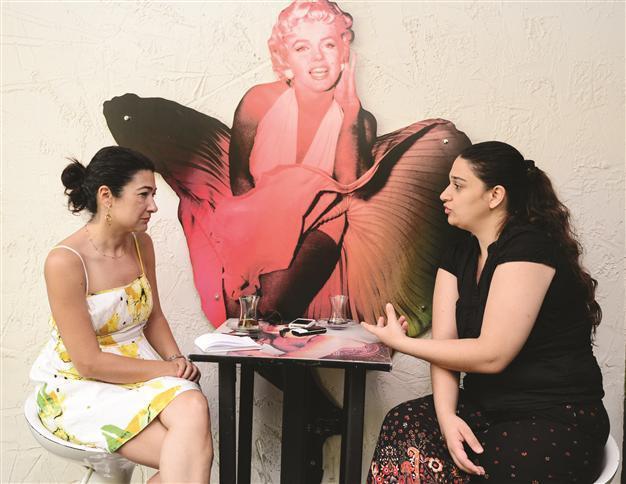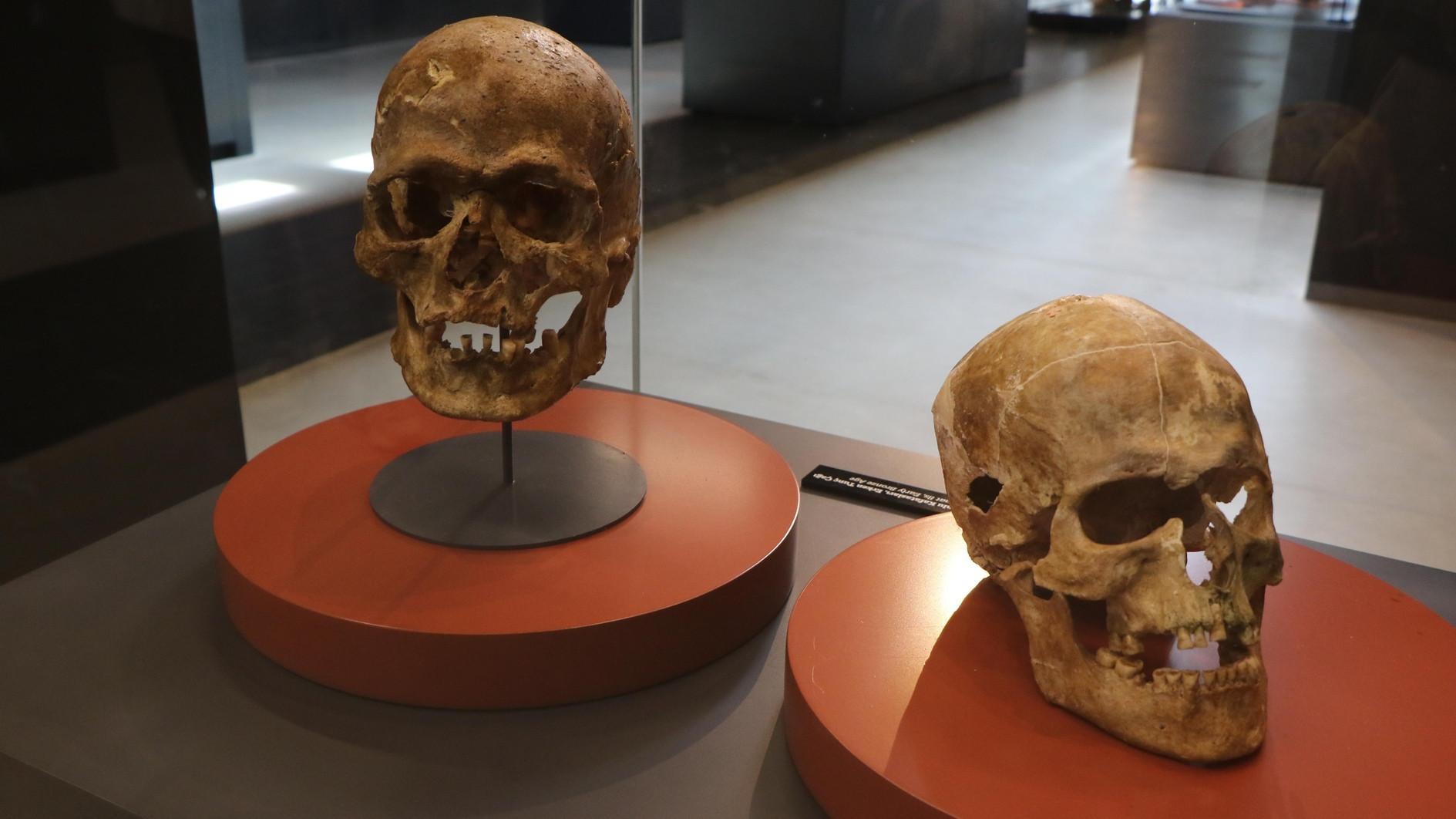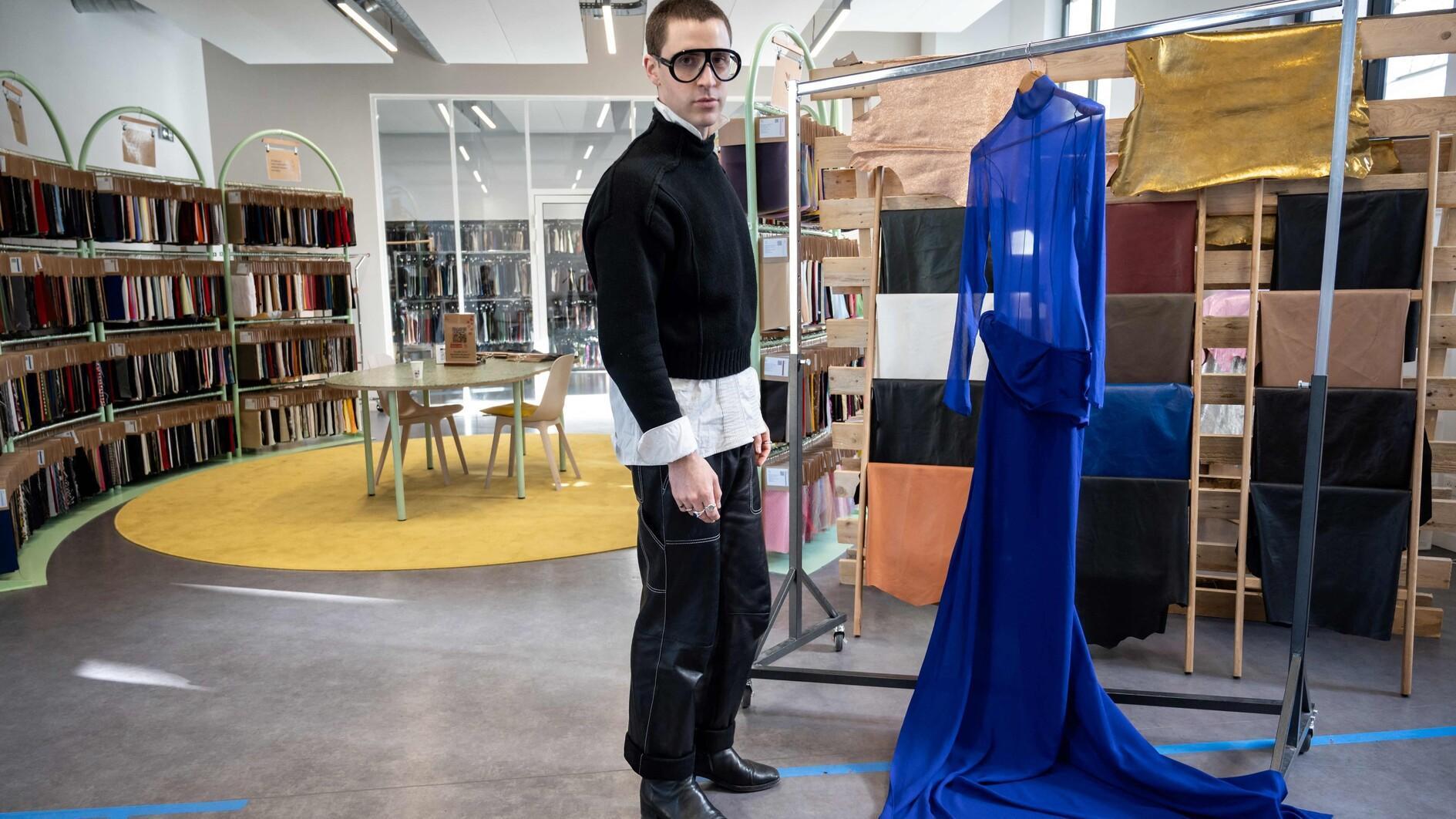Homophobic prejudices broken by Gezi incidents in Turkey
ISTANBUL - Hürriyet Daily News

'For a long time only LGBT activists talked about LGBT issues, but this is changing,' Sedef Çakmak says. 'While we can talk about a 'Kurdish problem' even if we are not a Kurd, or about Alevis,even if we are not Alevi, the same has not been true for the LGBT community. But I saw in the Gezi events that even those who are not LGBT started to talk about the rights of the LGBT community,' she adds. DAILY NEWS photos, Emrah GÜREL
Turkey’s momentous Gezi protests have broken homophobic taboos in Turkey, according to an activist from the community.“We gained more self-confidence after the Gezi protests,” said Sedef Çakmak, chairperson of Social Policies, Gender Identity, and Sexual Orientation Studies Association (SPoD), noting that LGBT members were at the forefront of the proests.
When did Turkey start to become familiar with the LGBT community?
The turning point was the 1990s. In the first half of the 1990s, LGBT initiatives started. Then they started to become associations. The 1990s were the period when the struggle became more organized, instead of being just individual.
Why the 1990s?
Civil society, which had been oppressed following the 1980 military coup, started to awaken. But the concrete trigger effect took place in the early 1990s when the governor’s office denied permission for a gay parade. They got angry and decided to set up an association. By the mid-2000s, most of the initiatives had become associations. They also thought it was important to become an association, since that meant official recognition by the state. Plus, it became easier to set up an association as the law was amended in 2005.
The fact that the state recognized the existence of the LGBT community by letting them set up associations must have been an important turning point.
Of course. In the 2000s, foreign journalists used to typically ask “How do you manage with the Islamist party in government?” Ironically, the LGBT community set up their associations during AKP rule.
How do you explain it? Is the AKP more understanding, or are there independent dynamics at work?
It is the second. Prejudice against the LGBT community is not something that is true only for pious circles.
Obviously, I can’t say the AKP is more tolerant. We see their stance in the process to rewrite the Constitution. We want to be included in the Constitution’s equality article, but the AKP parliamentarians’ stance is like, “never ever.”
How come the LGBT community managed to set up their associations under AKP rule?
The AKP had different policies in the first half of the 2000s. It wanted to stay close to the EU and even though it was only cosmetic, some steps were taken for democratization. Currently, their [negative] stance is not only limited to the Constitution. AKP officials like the former minister responsible of family are on the record as saying they see it as a sickness. We know that state institutions are still not familiar with LGBT problems. But we have seen during the Gezi protests that people are showing more understanding than the Parliament.
You became aware of this fact during the Gezi incidents?
Actually, we were getting conscious about it before. Whenever we talked with parliamentarians, they thought we were a small, marginal group. But in my next meeting with a parliamentarian if I am told that society is not yet ready, I will reply, “This is not what we saw in Gezi.” We felt during the Gezi incidents that we are on the right track. We saw in Gezi that society is ahead of the Parliament.
What is your assessment of society’s view; is there now an acceptance?
At least a sizable part is against the killing of people just because they are trans. Whenever we talk with a parliamentarian, we are told gay marriages are even debated in the world. But what we are talking about is the death of people even at the hand of their own family just because s/he is bisexual. We are talking about the fundamental right to life. This is what the state is supposed to do; to protect the right to life.
What are the LGBT community’s problems? Are they killed just because they are LGBT?
It is sad, but that’s the truth. In addition, they face problems in every aspect in life, from education to health. They are mistreated. People get expelled from schools. Trans women have no choice but to be a sex worker; they are forced to work in the streets and they face serious assaults. It became almost normal to hear of the killing of a trans nearly every month.
What did you specifically observe during Gezi events?
The Gezi events showed a culture of solidarity which we had built up in our LGBT circles on a bigger scale. People started to get acquainted with the LGBT community. I use the term in the sense that they have become aware of their prejudice; they said, “Oh, these gay people are not really what we thought they were.” The Gezi incidents did in three weeks what we could [only] have achieved in three years.
So Gezi helped break prejudices.
Exactly. For a long time, you could only see a LGBT activist to talk about LGBT issues. While we can talk about a Kurdish problem even if we are not a Kurd, or about Alevis, even if we are not an Alevi, the same was not true for the LGBT community. I saw in Gezi events that even those who are not LGBT started to talk about the rights of the LGBT community.
Let me tell you an anecdote: During the Gezi protests, we were standing next to a group that started to yell “F*gg*t Tayyip.” We got annoyed but chose not to deal with it at that moment. But someone else started addressing the group saying, “Let’s not use sexist language; let’s not use fascist rhetoric.” And the group stopped it immediately. I was really surprised.
In a way, it did in a way it did not. It made me happy to see that people sensitive to LGBT [concerns] are so numerous.
A colleague pointed to the fact that for the first time many straight people joined this year’s parade without feeling any annoyance about it.
It might be an exaggeration to say the first time, but let’s say they were [more] numerous this time. There were a lot of heterosexuals that participated for the first time this year. 2007 is also a turning point in that sense. We were 30 when we first started in 2003. We were 100 in 2004 and it started to increase each year until we reached 100 in 2007.
How come the LGBT community was so prominent at the forefront during the Gezi events?
We are an activist group in constant struggle. We are naturally born activists because of what we endure in life. In addition, we have a very large network. This is about a survival reflex. When a friend gets detained, we can get quickly mobilized. We have a culture of solidarity and getting mobilized.
Do you think you are now stronger after Gezi?
We have gained self-confidence. Gezi has now become a reference point to challenge the conviction that society is homophobic.
Another colleague pointed out that the parade that took place this year with the participation of thousands could not have taken place in any other Arab or Muslim country.
That’s right. But we can’t separate the rise of the LGBT movement from the rest of the other social movements. Civil society started to [emerge] in the 1990s. Even with its flaws, we have some democratic culture in Turkey. It is this democratic culture, however, with its misgivings, that enabled us to survive against all odds. But there is still a long way ahead.
Who is Sedef Çakmak?

Sedef Çakmak, who graduated from the sociology department of Istanbul’s Galatasaray University, has been an LGBT activist since 2003. She started to work as a volunteer from 2004 at the Lambdaistanbul LGBTT Solidarity Association, which she has represented at several national and international platforms.
Çakmak was the project coordinator for the same association’s 2007 project to strengthen the LGBT community in Turkey. She has worked also worked on research projects, such as “Dog does not bite dogs: The problems of travesties and transsexual women,” and “The problems of gay and bisexuals.”
She is currently the chairperson of the Social Policies, Gender Identity, and Sexual Orientation Studies Association (SPoD) in Istanbul.
















